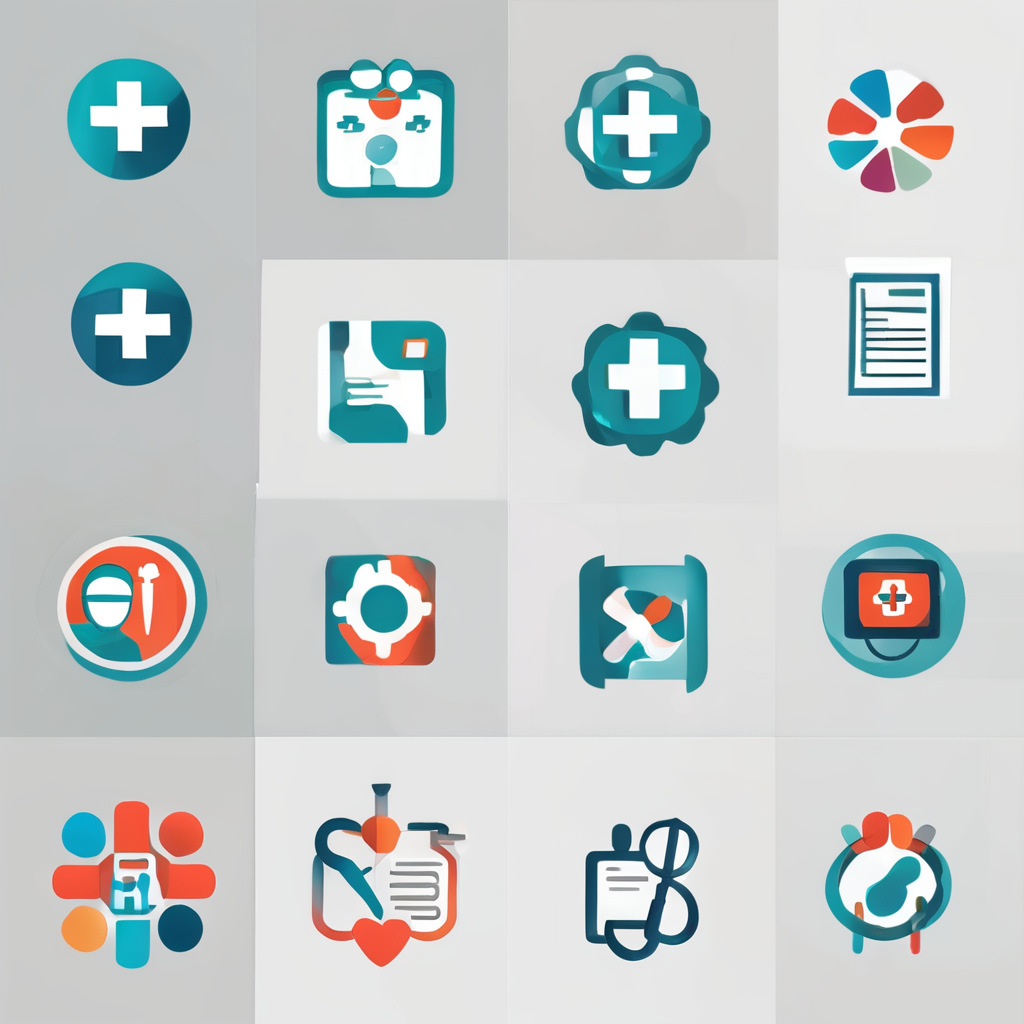Understanding Chronic Fatigue in the Workplace
Chronic fatigue is a persistent state of tiredness that is not relieved by rest and can significantly impair a person’s ability to function, especially in the workplace. It often manifests as a combination of symptoms such as severe exhaustion, sleep disturbances, and cognitive difficulties. These symptoms can lead to decreased productivity and adversely affect an individual’s work-life balance.
UK professionals face unique challenges when dealing with chronic fatigue. The competitive nature and often high-pressure environments of UK workplaces can exacerbate these symptoms, making it difficult for sufferers to maintain optimal performance. The condition can lead to increased absenteeism and presenteeism, further impacting productivity.
This might interest you : Essential post-workout recovery techniques for uk amateur athletes: enhance your performance with effective cooling exercises
For UK professionals, managing chronic fatigue involves navigating workplace health dynamics while balancing personal health needs. This requires awareness and understanding from both employers and colleagues to foster environments where workplace health is prioritized. Strategies such as flexible working hours, supportive workplace policies, and mental health resources can play a crucial role.
By recognising the impact of chronic fatigue and implementing supports, UK professionals can mitigate its effects and maintain a healthy balance between their personal and professional lives.
Also read : Boosting cognitive potential: creating perfect sleep spaces for students in the uk
Leveraging Technology for Support
For UK professionals grappling with chronic fatigue, technological advancements offer promising solutions. Efficient task management can be highly facilitated through specialised productivity apps. Tools like Trello or Asana enable organized scheduling and can help focus energy on top priorities. This digital support helps streamline tasks, thus contributing to effective fatigue management.
Accurate tracking of performance is another way technology assists. Wearable devices and applications like Fitbit capture daily activities and monitor energy-expenditure patterns. These insights allow individuals to identify patterns contributing to fatigue and adjust their activities accordingly. Moreover, technology supports adaptive work environments by offering remote working flexibility. Virtual collaboration platforms like Zoom or Microsoft Teams maintain productivity levels, adapting workplaces to be more attuned to personal health needs.
Incorporating these resources provides tangible benefits, allowing for smoother navigation through the demanding landscape of professional obligations. Embracing technology may ease symptoms and help form adaptive strategies for sustained wellness in the career lives of those affected by chronic fatigue. These strategic interventions create a balanced work atmosphere, enhancing productivity while acknowledging and battling fatigue effectively.
Lifestyle Changes to Combat Fatigue
Adapting one’s lifestyle can dramatically impact energy levels and combat fatigue. Emphasizing balanced nutrition is paramount. Consuming nutrient-rich foods and staying hydrated supports systemic health and energy maintenance. Regular meals with a proper mix of carbohydrates, proteins, and fats ensure sustained energy release throughout the day.
Incorporating regular physical activity plays a crucial role in maintaining energy levels. Exercise, whether it’s a brisk walk or a structured gym session, improves circulation and oxygen flow, boosting both physical and cognitive alertness. Physical activity has been linked with enhanced mood and decreased fatigue, making it an essential part of lifestyle modifications.
Equally important is maintaining hygiene in sleep habits, known as sleep hygiene. Consistent sleep schedules and a restful sleep environment can profoundly affect fatigue. Practices include ensuring a dark, cool, and quiet bedroom setting, limiting screen time before bed, and maintaining a routine that promotes relaxation prior to sleep.
Implementing these lifestyle modifications supports an overall healthier and more energetic life. By focusing on comprehensive changes involving nutrition, exercise, and sleep, individuals can better manage chronic fatigue and improve work-life balance.
Optimizing Work Habits for Enhanced Productivity
Adopting effective work practices is pivotal for UK professionals in combating chronic fatigue. Integrating precise time management techniques can substantially boost productivity. Start by prioritising tasks using methods like the Eisenhower Box or the Pomodoro Technique, which help in organising work based on urgency and importance.
Another critical aspect is the strategic use of regular breaks. Rest periods enhance concentration and reduce fatigue, allowing professionals to handle workloads more efficiently. Implementing flexible scheduling can accommodate energy fluctuations, granting individuals the flexibility to work during peak productivity hours, which enhances overall output.
A supportive ergonomic workspace is also essential. Ergonomic furniture and appropriate screen settings alleviate physical strain, improvings endurance. Positioning monitors at eye level and ensuring adequate lighting can prevent eye strain, while ergonomic chairs and desks support posture, which is integral for long work hours.
Incorporating these strategies fosters efficient, sustainable productivity while considering personal health needs. By refining these work habits, professionals can maintain a robust work-life balance, countering the detrimental effects of fatigue. Clear and conscious organisation of time and space are instrumental in achieving peak professional performance.
Mental Health and Chronic Fatigue
Navigating chronic fatigue involves more than physical symptoms—it profoundly affects mental well-being. Individuals experiencing fatigue often encounter increased stress and anxiety, which compound challenges at work. This underscores the connection between fatigue and mental health, forming a cycle where each exacerbates the other.
To counteract stress and anxiety, employing effective stress management techniques is crucial. Mindfulness practices, such as meditation or yoga, can help refocus energy and bring clarity to daily tasks. These methods elevate mood and sustain vitality, easing the mental burdens of fatigue.
Support in managing mental health is vital for UK professionals. Resources like Employee Assistance Programmes (EAPs) offer access to professional help, providing strategies and mental health tools. These resources facilitate early intervention, offering a buffer against cognitive health deterioration. They are often inclusive of counselling services, allowing individuals to discuss concerns in a confidential setting.
Additionally, mental health workshops can bridge the gap by educating professionals about recognizing symptoms and implementing proactive approaches. Such initiatives can cultivate a workplace culture that prioritizes mental health, accommodating the unique needs of those combatting chronic fatigue. By addressing mental well-being, individuals experience improved focus and productivity.
Expert Insights and Resources
For UK professionals navigating the challenges of chronic fatigue, expert advice and authoritative resources can significantly aid in managing symptoms. Health experts often emphasize the importance of a holistic approach to fatigue management, which includes integrating healthy lifestyle habits, addressing mental health concerns, and leveraging technology.
Dr. Susan Parker, a leading expert in occupational health, advises: “Understanding your body’s signals and balancing work tasks with personal health needs is crucial in sustaining productivity and well-being.” Such insights underline the necessity of personalized approaches tailored to individual fatigue patterns.
The UK health guidelines offer a framework for professionals to follow, including recommendations for optimal nutrition, regular physical activity, and maintaining positive mental well-being. Government websites and reputable health platforms provide easily accessible information and tools for continual support.
For those seeking further educational support, organisations like Mind UK and NHS offer various resources, including workshops, counselling services, and online platforms for mental health and fatigue management. Engaging with these resources empowers individuals to make informed decisions and adapt strategies that promote a balance between their professional and personal lives. Thus, fostering a sustainable and healthier work environment.
Case Studies and Success Stories
Exploring real-life examples reveals how UK companies have successfully tackled chronic fatigue in the workplace. These practical interventions demonstrate tangible improvements in both workplace health and productivity.
For instance, a UK tech firm implemented flexible working hours, allowing employees to adjust their schedules based on personal productivity peaks. This initiative resulted in a noticeable decrease in absenteeism and presenteeism, while boosting morale and workplace efficiency. By supporting individual energy rhythms, the company saw enhanced engagement and productivity.
In another case, a financial services firm focused on developing workplace interventions through on-site wellness programs. They introduced regular exercise sessions, nutrition workshops, and mindfulness practices. The result was a healthier workplace culture and increased employee satisfaction.
A particularly illuminating success story comes from a marketing agency that prioritized mental well-being by incorporating Employee Assistance Programmes (EAPs) and introducing dedicated mental health days. Staff reported improved cognitive health, lower stress levels, and a more supportive work environment.
Analysing these success stories underlines the importance of tailored approaches to managing chronic fatigue. The key takeaway is the effectiveness of prioritizing individual health needs alongside professional obligations, leading to a sustainable and productive work setting.











